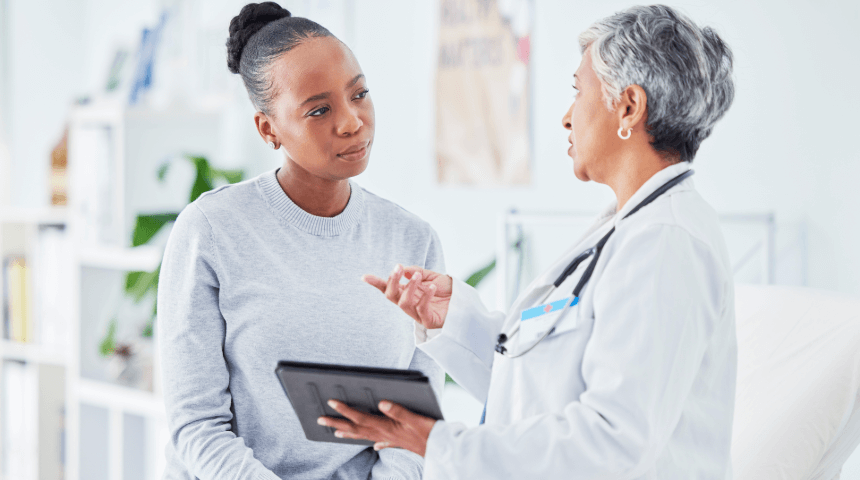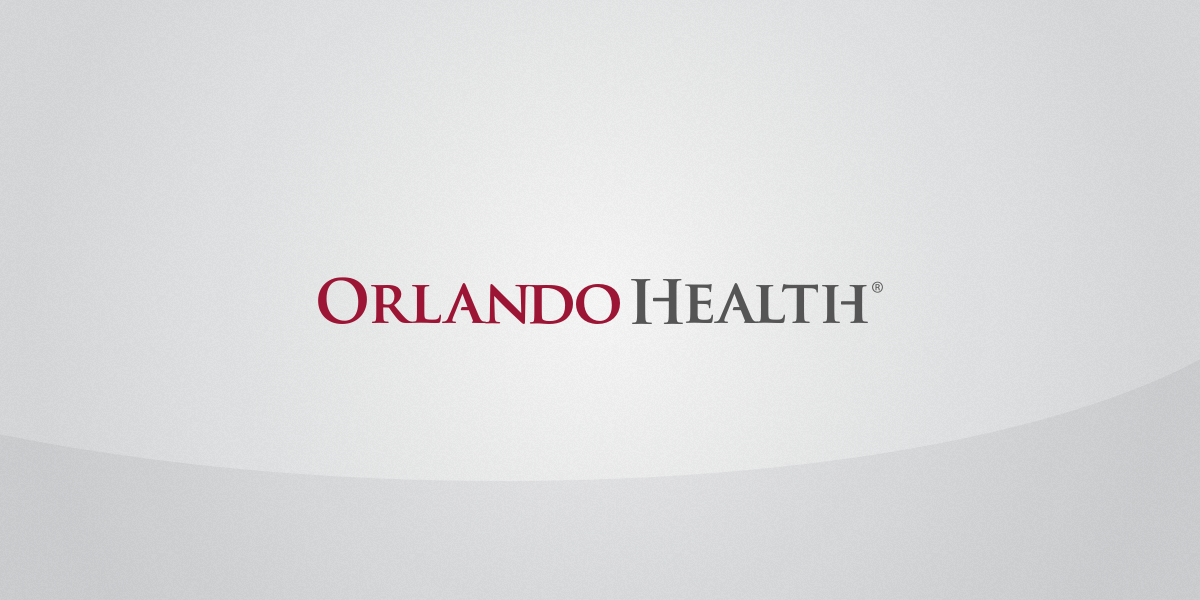Your breast is suddenly hard or itchy, swollen or leathery. What’s going on? You might have a breast infection.
Let’s take a look at how to find the cause and how to make it better.
Who Gets Breast Infections?
Any adult woman can have inflamed breasts, but the specifics are different within two categories:
Breastfeeding women. Especially during the first six weeks of breastfeeding, mothers might be engorged, meaning their breasts are filled with milk, extra large and often hard.
- Nipple trauma is common at this time, as the nipple adjusts to baby’s mouth and pumping equipment. Cracks, dryness and bleeding can lead to mastitis, which is the medical term for inflammation of the breast tissue.
- Milk ducts can get blocked in the early weeks. When they don’t drain completely, inflammation can form.
- If baby has the fungal infection called thrush, that infection in their mouth might transfer to you, causing infection.
- Yeast infections might work their way into the breasts.
Trouble often starts if the skin cracks. Then a staph infection, strep or other bacteria can sneak in, causing achiness, fatigue or even flu-like symptoms.
Non-breastfeeding women. Women of all ages can get breast infections, and the reasons vary.
- Bacteria can work its way in during a nipple piercing.
- Trouble can start after you pull a hair out of your areola (the dark part of your nipple).
- Breast implants and reduction surgeries can lead to inflammation.
- Blood sugar issues such as diabetes or hyperglycemia might be at the root of the cause, and so can depressed immune systems.
- You’re wearing your bra the wrong way or have a reaction to a bug bite.
- Studies show that smoking also increases the chance of breast infection.
An abscess, a swollen part of the body that has puss inside, also can cause an inflamed breast. A pimple is one example. If you don’t release the puss, you’ll get more of it, and the situation will worsen. In that case, have a doctor drain it via aspiration or outpatient surgery.
Inflammatory breast cancer and cellulitis are possibilities, but chances are your issue is one of the others. See a specialist if the symptoms don’t improve on their own or with the treatments your doctor recommends.
Breast Infection Symptoms
Your breast infection will likely make itself known via some sort of inflammation. Any of these symptoms might indicate a problem.
- Tenderness
- Pain
- Fever
- Chills
- Myalgia (body aches)
- Hardness
- Itchiness
- Red skin
- Swollen
- Warmth
- Leathery or orange peel-like skin texture
- Discharge
- A lump
How Are Breast Infections Treated?
Many inflammations go away within a day or two. In most situations, if your breast is inflamed because you have a microbial or yeast infection, the discomfort will persist and you’ll be prescribed antibiotics. Over-the-counter pain killers such as aspirin, ibuprofen and acetaminophen will lessen symptoms but not cure the infection.
In the meantime, use common sense. A warm or cold washcloth held to the irritated area might make it feel better. While you can breastfeed if you have a breast infection, you might consider taking a break if it’s too painful. Use a pump to retain your milk flow until the problem heals; empty your breasts fully on a regular basis. Also, change baby’s position during nursing to make sure the nipple and breast tissue are evenly inside baby’s mouth. A specialist can teach you how. Massage your breasts if that feels healing. Taking a daily probiotic might help too, according to a recent study.
If the inflammation persists, you’ll need to return to the doctor for an imaging test. If the test shows you have an abscess, you’ll require more aggressive treatment.
Breast inflammation and infections are uncomfortable and inconvenient, but they’re treatable. Seek out care, follow the instructions, and your breasts will feel fine within a week or two.



